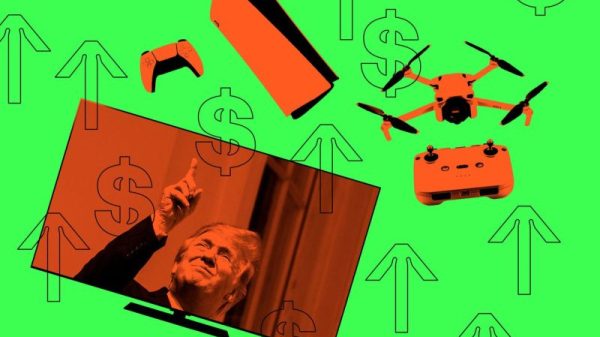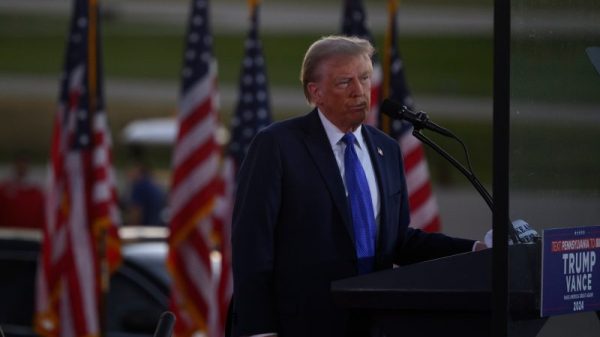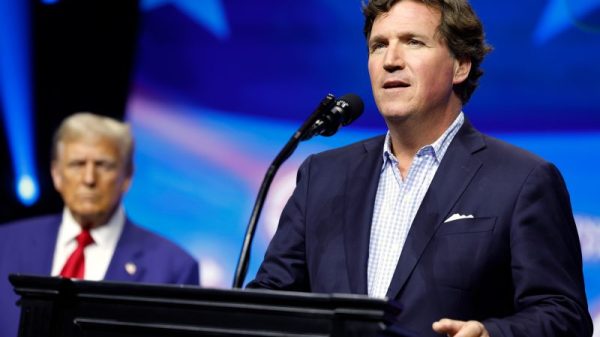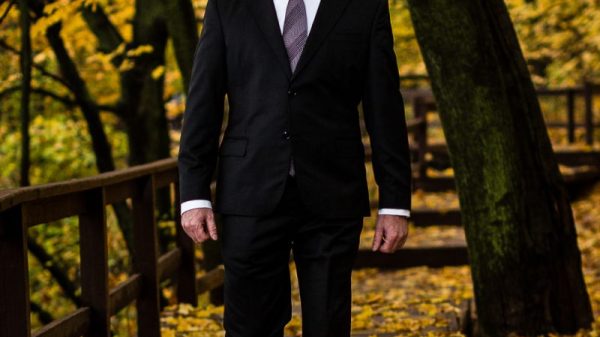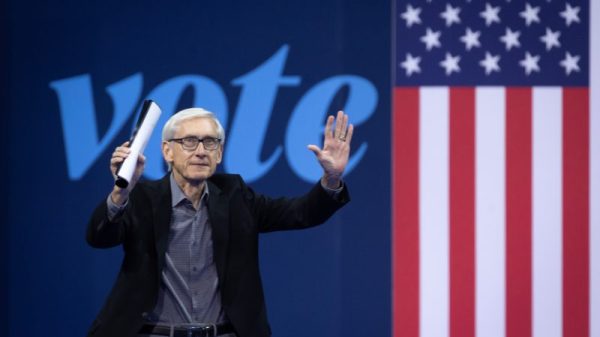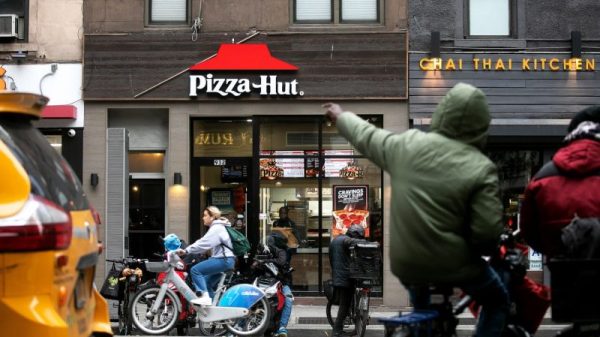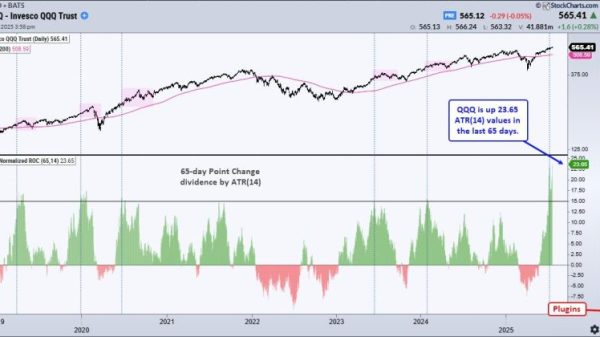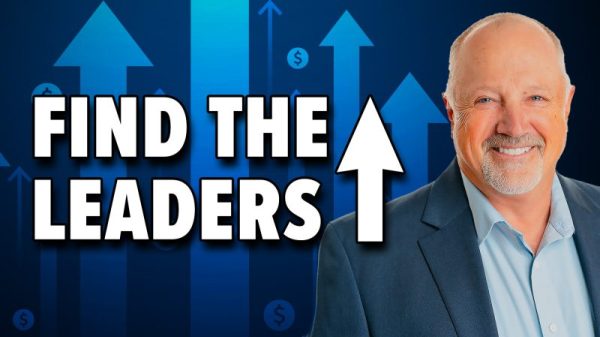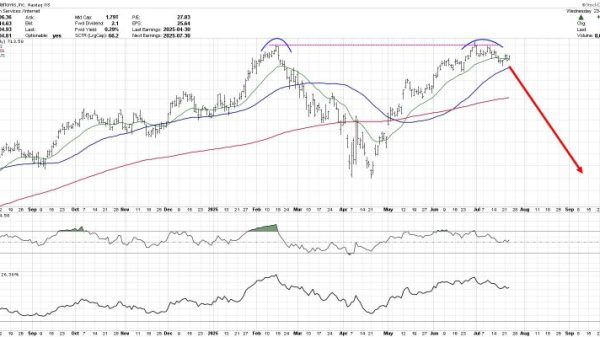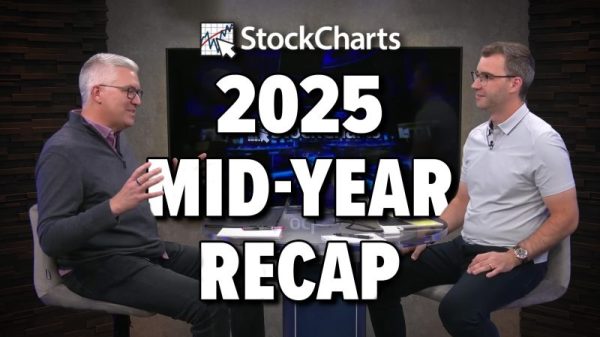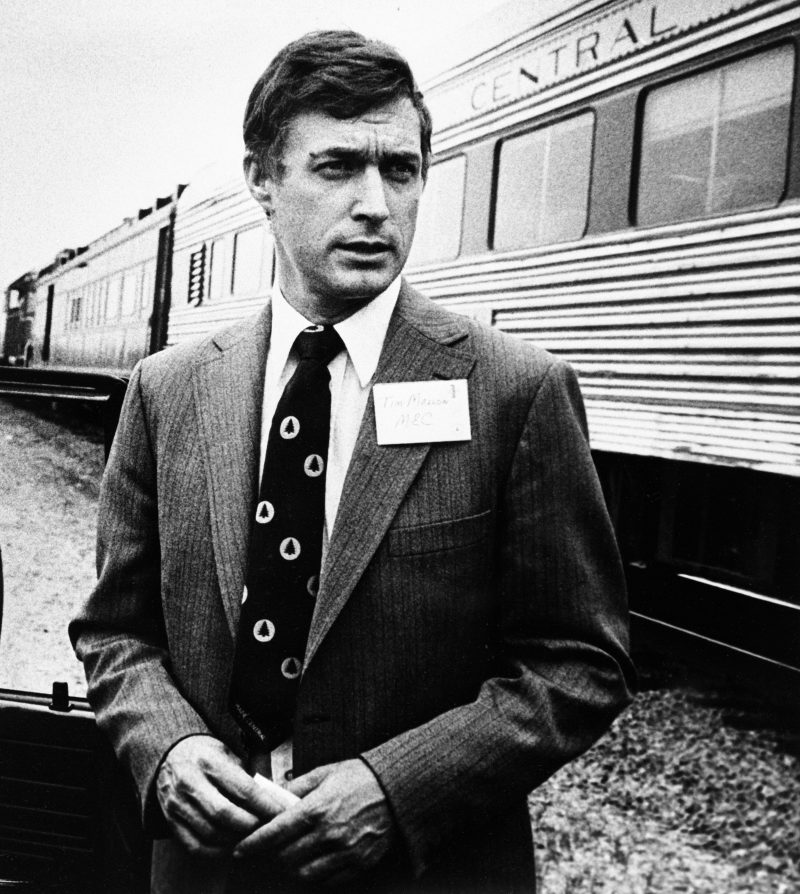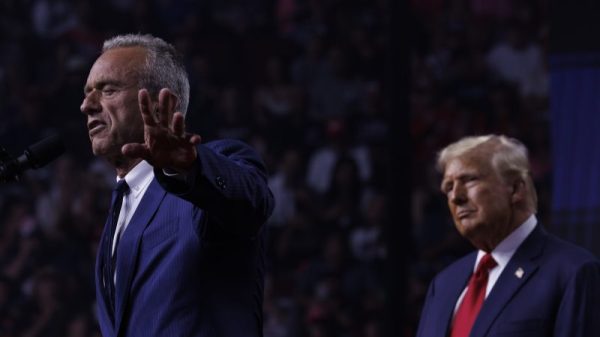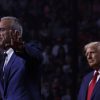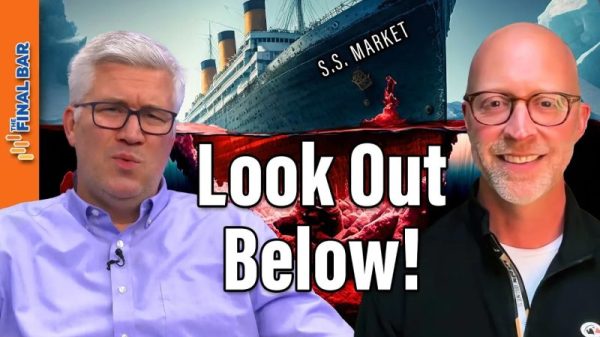Timothy Mellon, an heir to the Mellon family banking fortune, saw something in 2012 that he thought would alter aviation history: the possible remains of Amelia Earhart, who had disappeared in 1937 while trying to circumnavigate the globe.
On an internet forum run by an aircraft recovery group, Mellon claimed to have identified Earhart’s skull and other body parts in video footage taken on a reconnaissance mission to a tiny Pacific island. The group — which Mellon had funded to the tune of more than $1 million — rebuffed him. So he sued, alleging fraud, misrepresentation, negligence and racketeering.
A judge rejected his claims, but the episode sheds light on Mellon’s style — knee-jerk, nonconformist, combative and conspiratorial. Asked during a deposition in the case whether he had elected to “vet [his] observations with anyone before posting,” he answered, “No.”
Those same traits are now on display in Mellon’s political giving. A railroad magnate and scion of one of the country’s wealthiest families, Mellon, 81, is the biggest donor to Donald Trump so far this cycle. He has contributed more than $75 million to a super PAC supporting the former president’s bid to return to the White House — significantly more than he gave in 2016 or 2020. Mellon made the donations without so much as a sit-down meeting with Trump’s aides, according to people familiar with the dynamic, who, like some others interviewed for this article, spoke on the condition of anonymity to discuss private dealings or avoid retaliation from Mellon, who estimated his net worth at $700 million in the 2014 deposition.
“I don’t know that anyone knows what he looks like,” said one Trump adviser.
Mellon’s donations are a sign of how Trump has consolidated support from across the ideological spectrum of the GOP base and expanded fundraising from both wealthy elites and small-donor contributors, including by capitalizing on Republican anger over his criminal charges. Mellon’s largest single donation, $50 million to a pro-Trump super PAC, came on May 31, the day after a New York jury found Trump guilty of falsifying business records to conceal a sex scandal.
Mellon’s largesse isn’t limited to Trump, whom Republicans officially nominated for president on Monday at their national convention in Milwaukee. Mellon has also given more than $25 million to groups supporting Robert F. Kennedy Jr., now running as an independent after first mounting a Democratic primary challenge to President Biden.
Interviews suggest that Mellon’s support for Kennedy stems less from tactical cunning — an effort to siphon votes from Biden to boost Trump’s chances — than from ideological affinity on issues including vaccines and government regulation.
Kennedy praised Mellon in a text message to The Washington Post. He said they first came to know each other through Kennedy’s nonprofit, Children’s Health Defense, a prominent anti-vaccination group. Kennedy said Mellon, a longtime friend of the Kennedy family, is a major donor to the group.
“We share a libertarian bent rooted in free speech and hostility towards censorship, a mutual opposition to government corruption and regime change wars, a skepticism towards the military industrial complex and an antipathy towards the rising security/surveillance state and the growing power of the intelligence apparatus,” Kennedy added. “Tim is intensely curious, skeptical towards orthodoxies and passionate about personal freedoms.”
Mellon did not respond to requests for comment. For years, he has shunned the spotlight, relocating from a Connecticut suburb to a Wyoming ranch in 2005. The Boston Globe once termed him “the shadowy Timothy Mellon.”
He has declined invitations to donor events, according to Republican fundraisers, and neighbors said in interviews that he keeps to himself. He has no children of his own but, in the 2014 deposition, counted himself a grandfather to seven due to his current wife’s children.
In recent years, however, Mellon has taken steps to shape his legacy. In an autobiography he self-published in 2015, he wrote that he hoped he could be “judged to have moved the world forward, even if only by a small measure.”
Many, including some of his own family members, have also spoken for him. Mellon’s stepmother, in a book on the family quoted in the Bangor Daily News in 1988, described the heir as a “soppy, kindhearted” person, with some “robber baron mixed in.”
‘Silver spoon’
Mellon is the grandson of Andrew Mellon, the financier and iron-and-steel baron who built one of the largest fortunes of the Gilded Age before serving as U.S. treasury secretary in the frenetic decade known as the Roaring Twenties.
Signs of Andrew Mellon’s patronage are everywhere. His name adorns the neoclassical auditorium that played host to a 75th anniversary celebration during NATO’s summit last week in Washington. He founded the National Gallery of Art. With his bequest, the Mellon Foundation still funds major arts and humanities projects, with a recent emphasis on social justice.
As a young man, Timothy Mellon looked like his grandfather, wrote Mellon’s father, Paul Mellon, a horse breeder and philanthropist, in his 1992 memoir, “Reflections in a Silver Spoon.”
At Milton Academy, an elite boarding school outside Boston, and then at Yale, where Timothy Mellon graduated in 1964, the young heir did not flaunt his wealth, said former classmates. His typical ensemble included a T-shirt and jeans.
“He was kind of a loner,” said Stephen Bingham, a classmate at both Milton and Yale.
Mellon studied political science and city planning, and went to work selling computer software in the 1970s, according to a profile in the Pittsburgh Post-Gazette, his hometown newspaper.
In his autobiography, he professed to a “liberal viewpoint” at the time — supporting civil rights and voting for Democrats Lyndon B. Johnson, George McGovern and Jimmy Carter. Earlier, President John F. Kennedy had visited his parents on Cape Cod, Mellon wrote. His first recorded contribution to a candidate for federal office was $1,000 in 1988 to help reelect Kennedy’s brother, Sen. Edward M. Kennedy of Massachusetts — the uncle of Robert F. Kennedy Jr.
That year, the Bangor Daily News reported that a nonprofit Mellon once ran had funded alternative energy projects, a feminist law firm and the American Civil Liberties Union — showing what the newspaper described as a “dash of radical politics.”
But his politics had begun to shift with his expanding business endeavors. In 1977, he established a holding company, Guilford Transportation Industries, that began snapping up debt-ridden railroad lines across the Northeast. He soon took over the brand of the bankrupt Pan American World Airways and gave his transport empire a new name, Pan Am Railways. By the turn of the century, he had extended his business into the skies, purchasing the Goodspeed Airport in East Haddam, Conn.
That acquisition soon brought him into conflict with state environmental regulations. Mellon was fined in 2004 for allegedly cutting down trees on conserved wetlands adjacent to the airport. Connecticut’s attorney general at the time, Richard Blumenthal, successfully sued Mellon over the episode. The Democrat, now a U.S. senator, called Mellon’s actions “repugnant.” Mellon argued at the time that he was following federal aviation rules, which he said trumped the environmental restrictions.
The legal dispute showed “there are things even Timothy Mellon can’t buy,” noted a 2005 editorial in the Hartford Courant.
Mellon also tangled with officials in Maine, who threatened to force a sale of his company’s railroad lines because of alleged delays and interruptions. In Vermont, the state’s top rail official called Mellon’s company “a throwback to the days of the robber barons. They are accountable to no one but themselves.” Company leaders defended their practices at the time, saying they ran safe and profitable railroads.
Former employees said government regulation of the railroad industry pushed Mellon’s politics to the right. He told associates that the government would have “destroyed the railroad he had purchased,” one former employee said, “if he had not had the financial resources to essentially take the government on and outlast them.”
John Nadolny, Pan Am Railway’s former vice president and general counsel, said Mellon wasn’t vocal about his political views in that era but did support conservative causes. He remembered joining Mellon for a dinner in Washington hosted by the Heritage Foundation, a conservative think tank that has tacked sharply to Trump-style populism in recent years. A Heritage spokesman declined to comment.
Politics also influenced his decision to move west, said James Rinehart, a ranching broker who set Mellon up with property near Laramie, Wyo., in 2005. “He liked the political climate of Wyoming,” Rinehart said.
Mellon expanded his ranch over the years, secured a conservation easement protecting it from further development and donated it to the University of Wyoming, Rinehart said.
“I would say he’s a conservationist, not an environmentalist,” the broker said.
‘Recluse’
By that time, Mellon’s political contributions reliably boosted Republicans. He gave thousands to elect and reelect George W. Bush in 2000 and 2004 and similar sums to support Republican presidential candidates John McCain in 2008 and Mitt Romney in 2012.
The southern border soon emerged as a favored cause. In 2010, he gave $1.5 million to a legal fund set up to defend controversial immigration legislation in Arizona advanced by Jan Brewer, the Republican governor at the time. Brewer, in an interview, said she never spoke with Mellon but was aware of his family history.
He made his political views clear during a 2012 expedition seeking evidence of Earhart’s remains, according to a person on the trip, who said it became apparent that Mellon’s politics “veered to the right,” in contrast to others involved in the search. Mellon kept to himself, this person said, mostly sitting below deck reading books.
The venture prompted his lawsuit against the aircraft recovery group — based on Mellon’s claim, dismissed by a federal judge, that the group had already found evidence linked to the aviation pioneer but concealed it to keep raising money.
When he was deposed in the case, Mellon acknowledged that his philanthropic style did not involve substantial due diligence. “That’s not my practice in giving charitable donations,” he said, “to do in-depth studies of the organization.”
In his autobiography, Mellon described his political transformation — his antipathy to government regulation, his rejection of what he called the “liberal onslaught” and his turn against the anti-poverty programs of the 1960s.
“Black people, in spite of heroic efforts by the ‘Establishment’ to right the wrongs of the past, became even more belligerent and unwilling to pitch in to improve their own situations,” he wrote. He was especially critical of government welfare programs, writing that its recipients had “become slaves of a new Master, Uncle Sam. Slavery Redux.”
When a 2020 Washington Post article reported Mellon’s use of racial stereotypes, he declined to comment.
The autobiography was once available on a now-defunct website called “Tim’s Story.” As payment for the book, the website sought donations benefiting causes including Hillsdale College, a small Christian school in Michigan that has gained outsize influence in the conservative movement, and the Landmark Legal Foundation, a Missouri law firm vowing to “fight against government overreach.” Pete Hutchison, the law firm’s president, said he had only a brief phone conversation with Mellon years ago — and that he “appears to be a man of strong conviction who loves his country.”
After contributing only modest sums to Trump’s campaign in 2016, Mellon put $20 million into a pro-Trump super PAC in 2020. The following year, he contributed more than $50 million in stock to an effort by Texas Gov. Greg Abbott (R) to crowdsource private funding for a border wall.
Mellon’s contributions haven’t all gone to Republicans. In 2018, he donated to the congressional campaign of Alexandria Ocasio-Cortez (N.Y.), the Democratic firebrand whose campaign later returned the donation, as The Post reported in 2020.
In 2022, a Florida-based rail company completed its acquisition of Mellon’s Pan Am Railways. That year, Mellon’s political giving began to expand dramatically, totaling about $150 million to federal candidates and committees from 2022 through May of this year.
Trump’s top campaign officials have never met with Mellon, with one describing him as a “recluse” whose interests are unknown to the former president’s team.
“No one really knows what he’s up to or what motivates him,” said a Trump adviser, who surmised that Mellon’s large donation after Trump’s New York conviction was motivated by that event but acknowledged, “I don’t know what his issues are.”
Trump has been the main beneficiary of the enigmatic donor’s largesse. But Mellon is closely entwined with Kennedy as well.
Mellon is releasing a new version of his autobiography later this month, this time distributed by Skyhorse Publishing, known for controversial authors including longtime Trump adviser Roger Stone and conspiracy theorist Alex Jones. Among its best-known titles is Kennedy’s 2021 “The Real Anthony Fauci: Bill Gates, Big Pharma, and the Global War on Democracy and Public Health,” which advances baseless claims about the country’s former top infectious-disease official.
Tony Lyons, Skyhorse’s founder and president, runs a PAC supporting Kennedy’s presidential bid that has received $25 million from Mellon. A promotional quote from Kennedy appears on the cover of Mellon’s upcoming book.
The book, according to Skyhorse, offers a “lesson in the art of making and breaking the rules.”
Michelle Ye Hee Lee and Aaron Schaffer contributed to this report.


